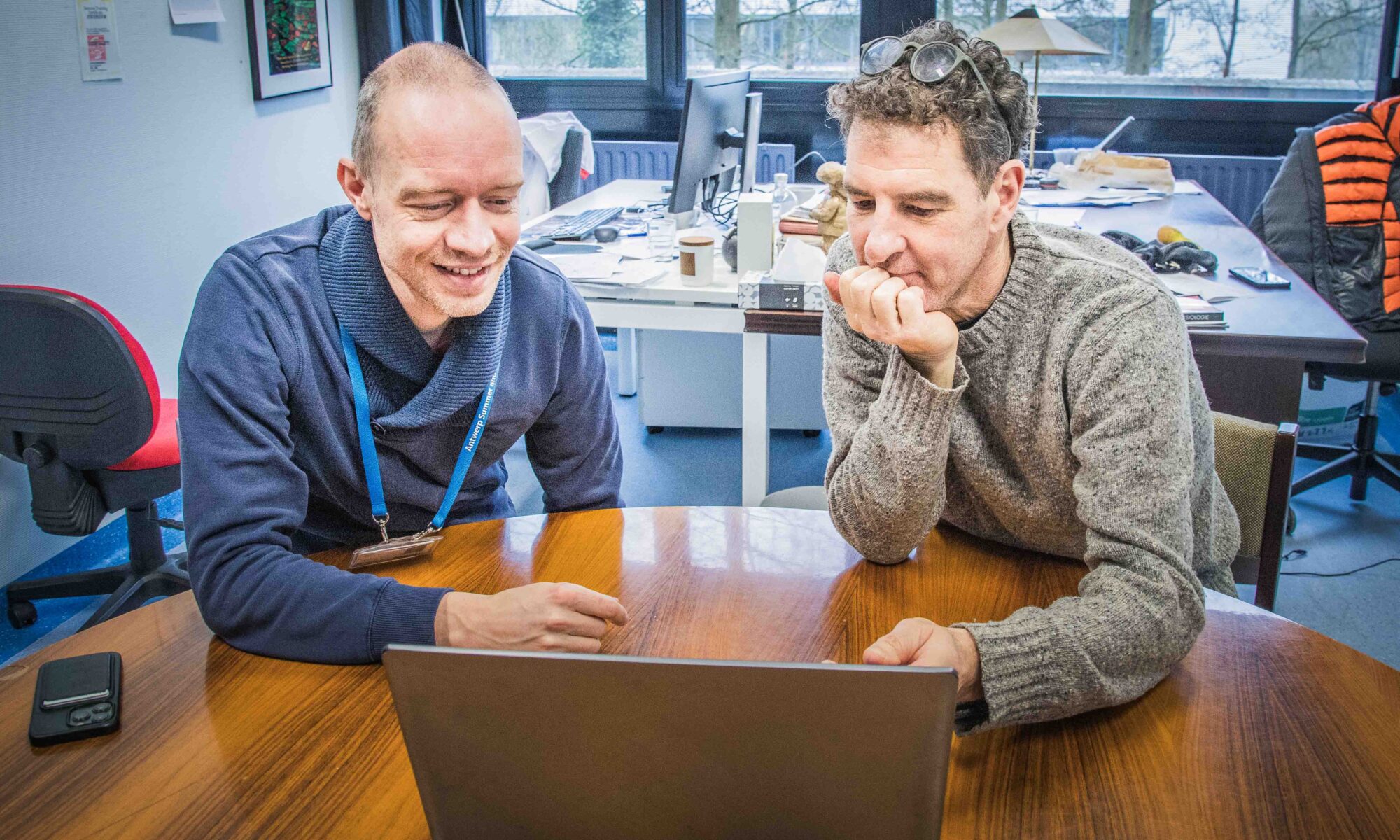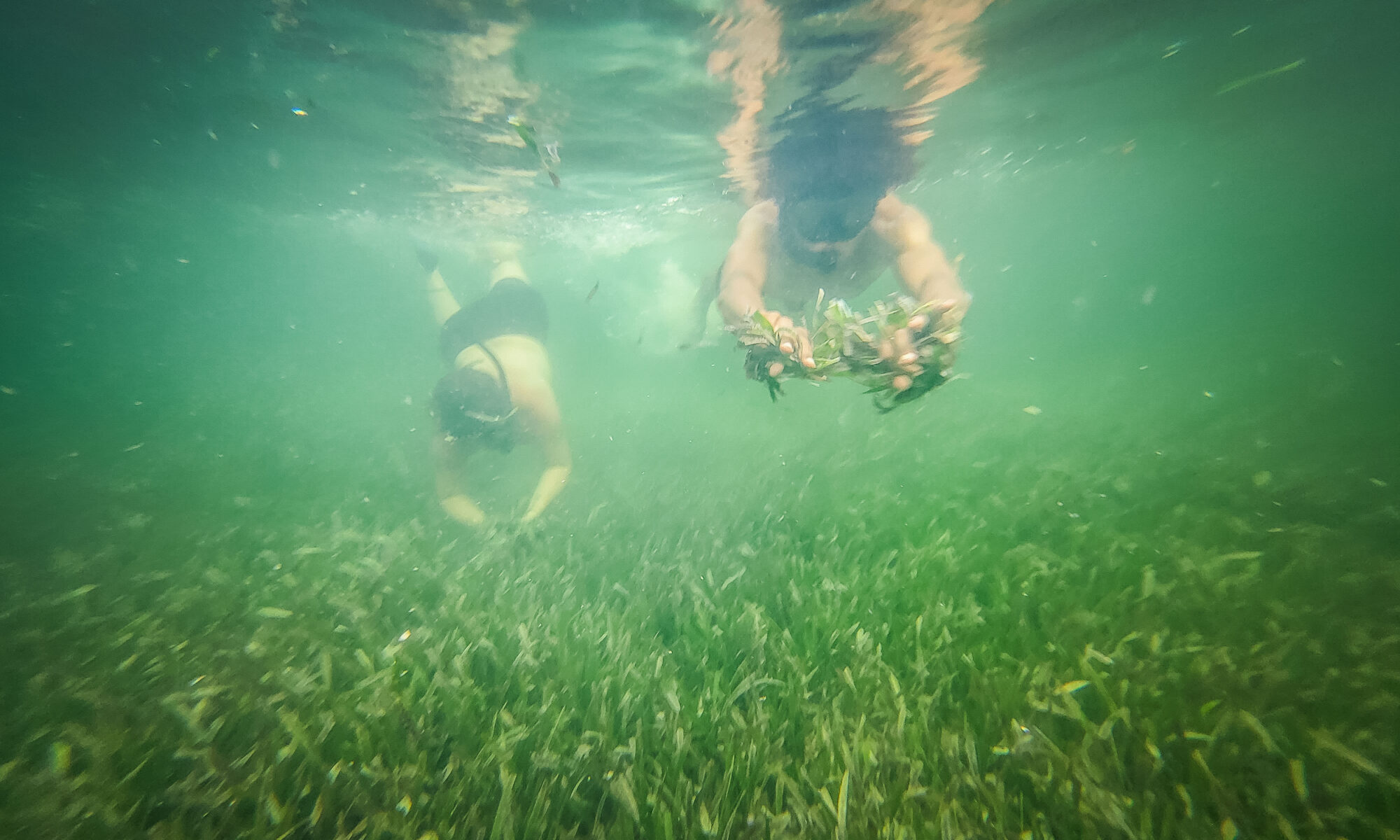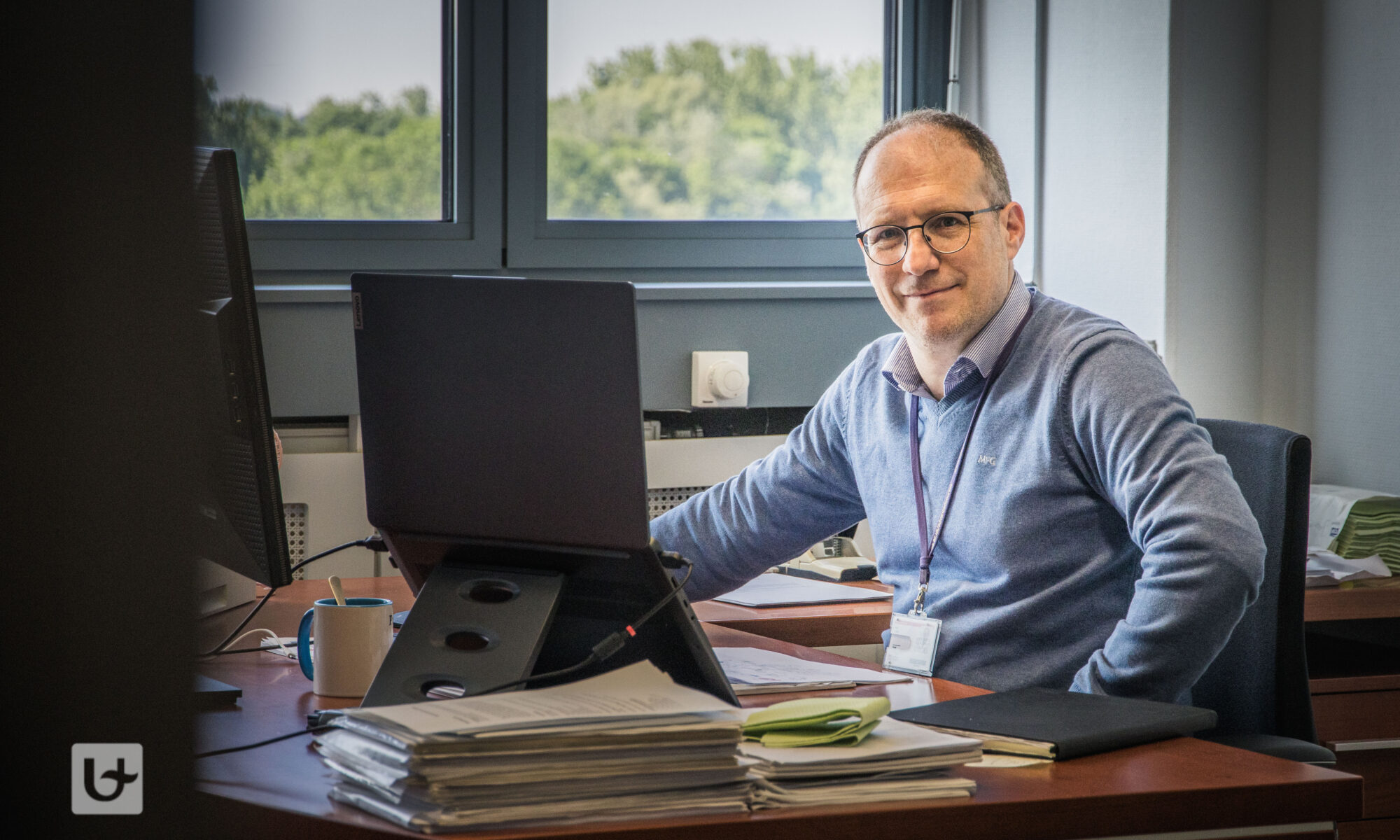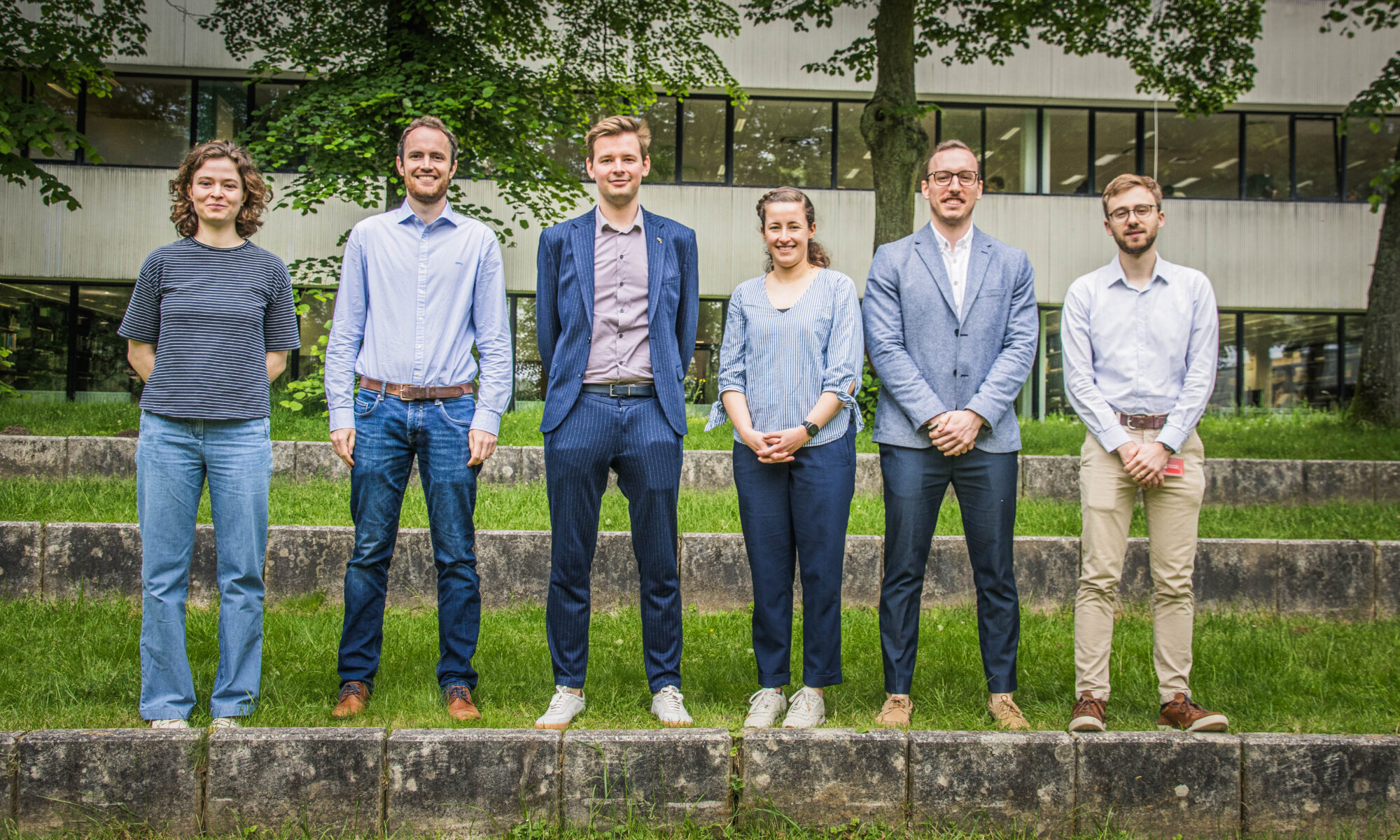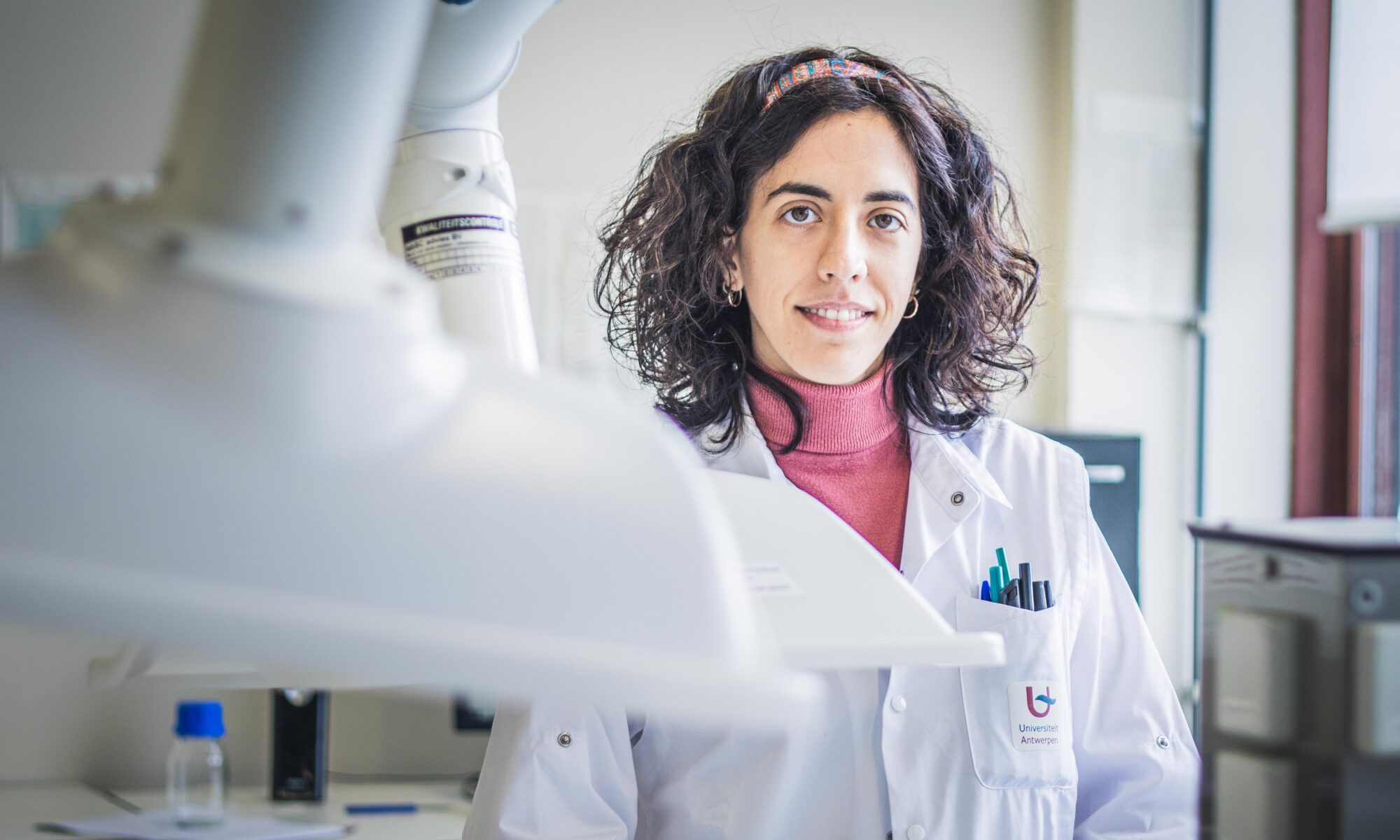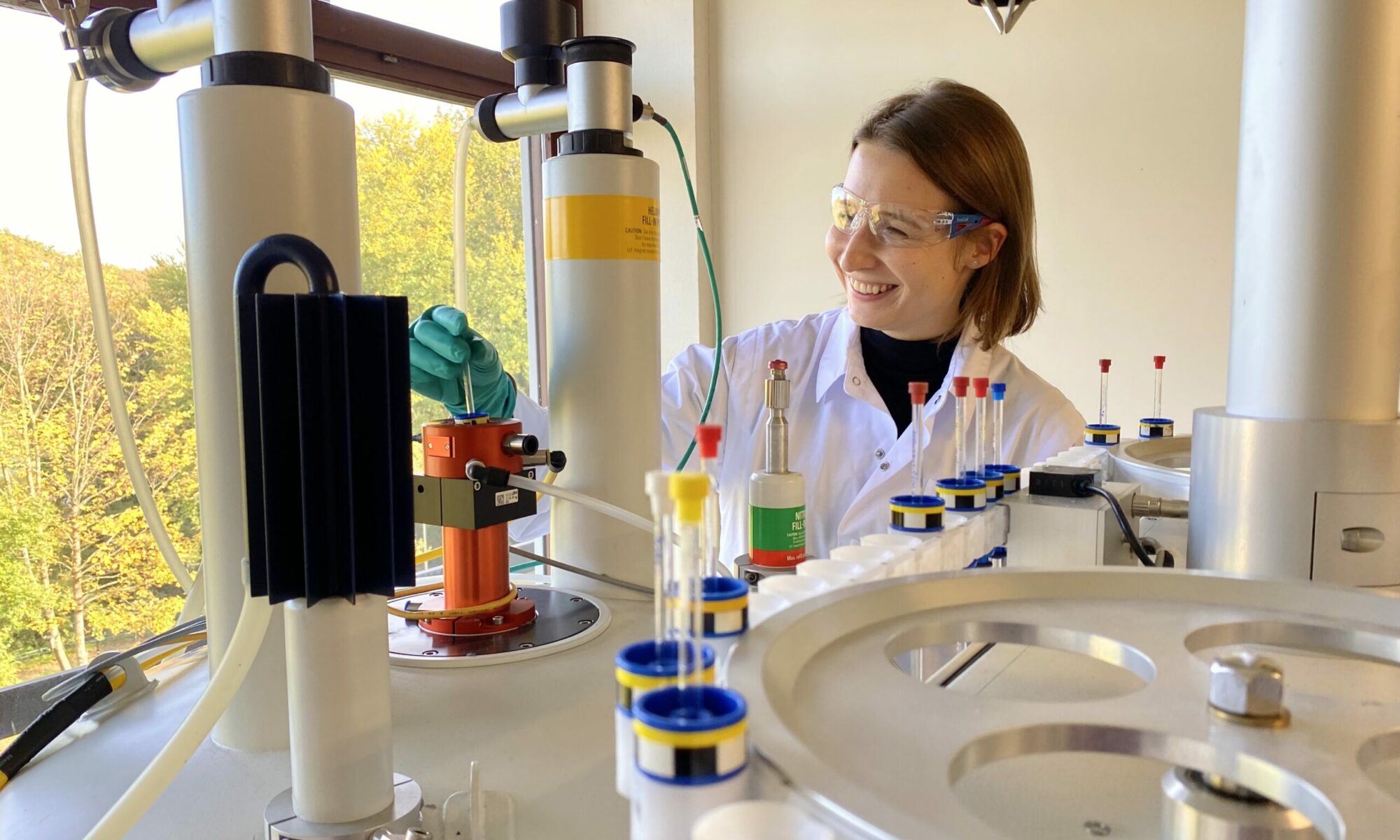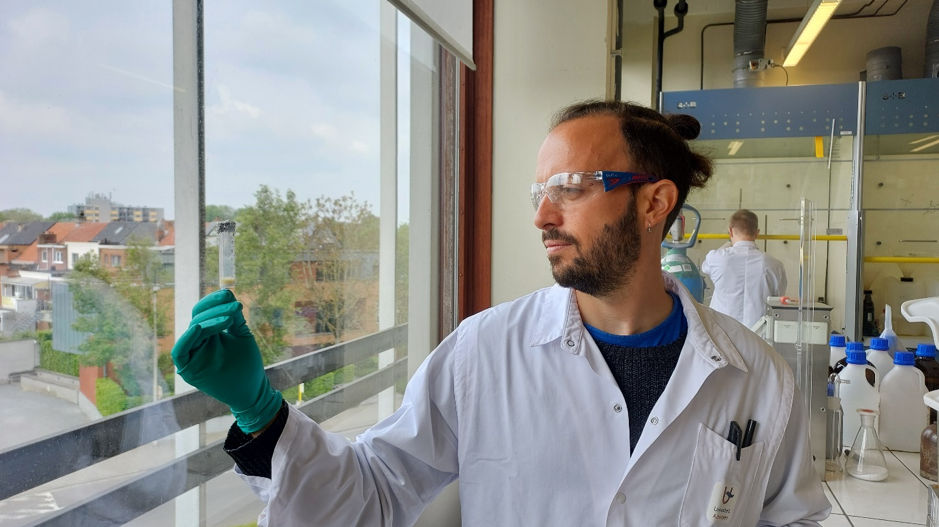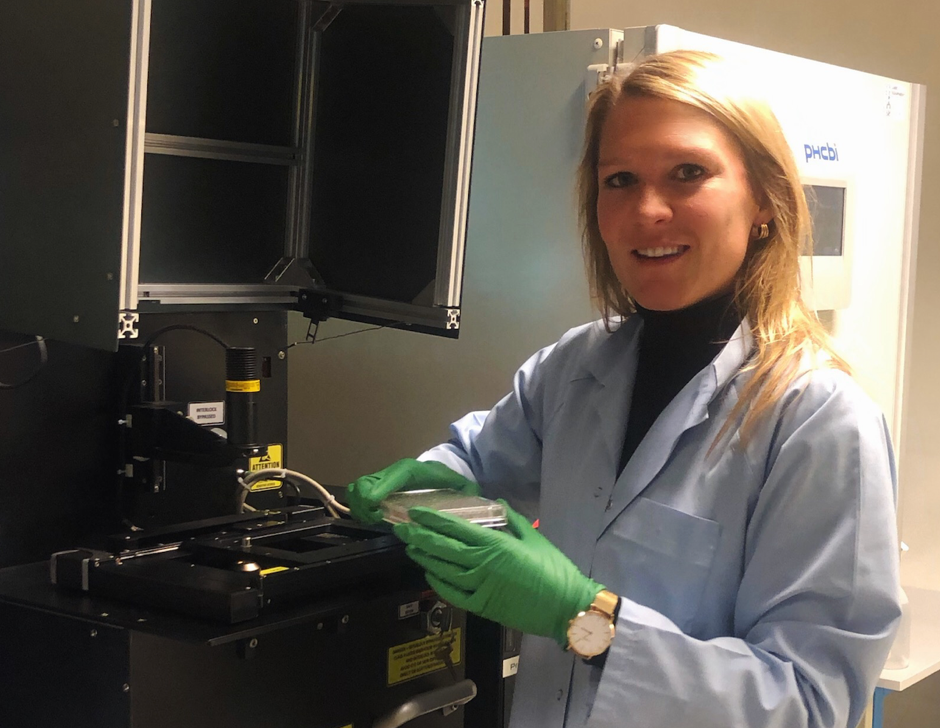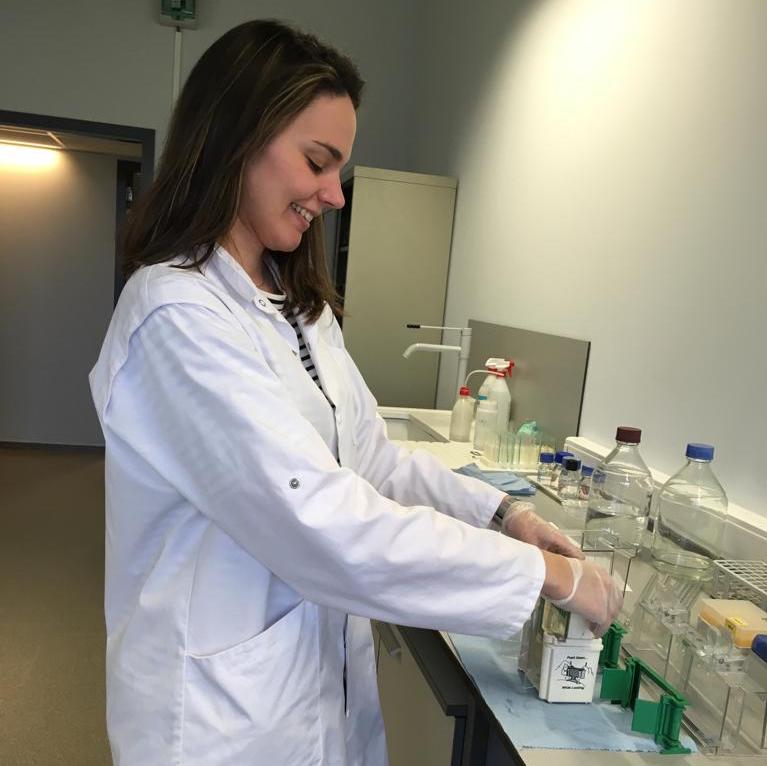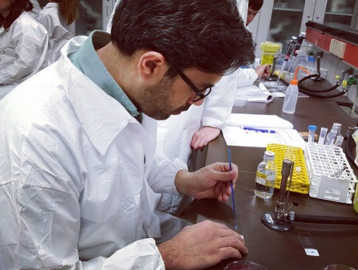Dagelijks krijgen 46 Belgen de diagnose chronisch hartfalen. Wetenschappers breken zich al jaren het hoofd over nieuwe behandelingen tegen de ziekte. Onderzoekers van de Universiteit Antwerpen, samen met collega’s uit Gent, Leuven en Leiden, hebben nu voor een doorbraak gezorgd.
Filter
Seas and oceans harbor countless undiscovered treasures. One of these is the seagrass Thalassia, specifically the species Thalassia testudinum. Long recognized for its ecological importance, this marine plant serves as a vital food source for creatures like sea turtles and plays a key role in protecting vulnerable Caribbean coastal ecosystems. Recently, scientists have discovered that Thalassia contains significant anti-carcinogenic compounds, capturing the attention of researchers and marine science biomedical institutes.
Recent research by Prof. Guy Caljon and Dr. Laura Dirkx found that Leishmania parasites can enter a dormant state in bone marrow stem cells, making them resistant to drugs. This highlights the need for new treatments to target this phase and improve leishmaniasis management.
The Department of Pharmaceutical Sciences recently showcased the innovative research of its Ph.D. students during their annual departmental research day. This event highlighted a diverse array of projects, reflecting the department’s commitment to advancing scientific knowledge and improving public health.
Dr. Vanesa Nozal García, from Valladolid in Spain, works as a postdoctoral researcher at the University of Antwerp. Under supervision of Professor Pieter Van Der Veken in the Laboratory of Medicinal Chemistry, she researches Acute Myeloid Leukemia (AML) and focusses on a new methodology: targeted protein degradation.
In recognition of the need for gender equality and empowering women and girls in science, the United Nations General Assembly proclaimed 11th February as the International Day of Women and Girls in Science. On this special occasion, let us celebrate the achievements and contributions of some of the remarkable women scientists in our faculty!
My name is Dr. Leen Vendredy and I recently obtained my PhD in Biotechnology and Biochemistry. My research focused on neuromuscular diseases caused by mutations in the small heat shock protein HSPB8. My goal was to better understand the underlying mechanisms of these diseases and to identify potential therapeutic approaches. My PhD supervisor was Prof. Vincent Timmerman from the Peripheral Neuropathies group.
I’m Greta Klejborowska and I’m a Postdoctoral Research Fellow in the Medicinal Chemistry Research Group, led by Prof. Koen Augustyns. My research is focused on the development of novel ferroptosis inhibitors. But what exactly is ferroptosis and why is it important to block or inhibit it?
I’m Lorenzo Cianni and my research focuses on targeting autophagy in cardiovascular and metabolic diseases. I was awarded a Marie Skłodowska-Curie Actions (MSCA) Postdoctoral grant for this specific project. I’ll be working with Prof. Pieter Van Der Veken and Prof. Wim Martinet to tackle tissue-specific induction of autophagy as an innovative therapeutic strategy for cardiovascular and metabolic diseases.
I’m Gaëlle Houthaeve and for the past 5 years I have been doing an interdisciplinary PhD with Prof. Winnok De Vos in the Laboratory of Cell Biology and Histology and Prof. Kevin Braeckmans. My PhD research has focused on vapor nanobubble photoporation, which uses laser light (“photo”) to generate vapor nanobubbles, which are able to porate the plasma membrane of cells (“poration”).
During her PhD research in Biomedical Sciences, Emilie Logie aimed to find new treatment options to overcome therapy resistance in the blood cancer multiple myeloma. Together with Professor Wim Vanden Berghe, her supervisor at the Proteinchemistry, Proteomics and Epigenetic Signalling (PPES) lab, Emilie used and combined different molecular techniques to identify new ways for treating therapy-resistant multiple myeloma cancers.
Bahaa Shaqour is a PhD student from Palestine and he is working with Prof. Paul Cos at the Laboratory for Microbiology, Parasitology and Hygiene (LMPH). He is exploring the capabilities of 3D printing technologies to produce novel medication delivery systems. 3D printing, also known as additive manufacturing, is a method of creating a three dimensional object layer-by-layer using a computer generated design.

